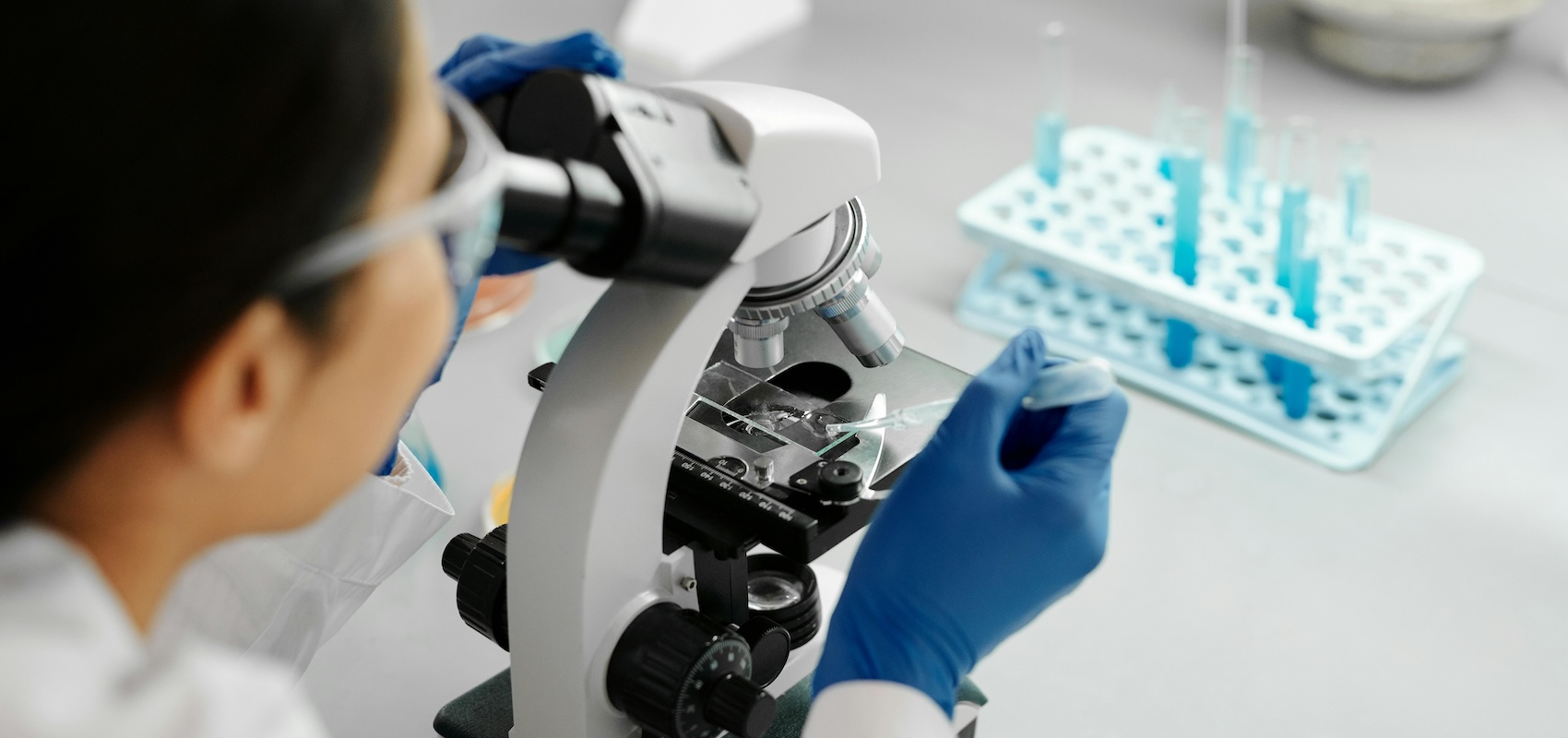
With every bite you take, ask yourself, is this the best choice I could make for my baby?” That was the last sentence a friend of mine read in her guide to pregnancy book before she threw it in the bin. Noor Siddiqui, the founder of fertility startup Orchid, wants to make the pressure on mothers to create perfect children even more totalizing. Her company screens embryos for parents using IVF, and allows parents to rank order siblings based on projected health, eye color, and IQ.
Orchid could only exist in an age where IVF is common (one in fifty American births) and used far beyond its original purpose as a remedy for infertility. American IVF has already offered parents around the globe the chance to choose the gender of their child (broadly illegal elsewhere). It enables commercial surrogacy, and it opens the door to mix-and-match gametes for three-parent families. But more than anything, it is the extreme extension of the idea that parents are their children’s authors, rather than the stewards of children received as a gift.
Siddiqui has been clear that she hopes to see insurance cover embryo screening, and her analogies for her services suggest that she hopes it will become near universal, if not mandatory. When Siddiqui got criticism from parents grateful that they’d received children they wouldn’t have “chosen,” she shot back: “Trusting God doesn’t mean skipping the car seat. You still buckle your child in because protecting them is part of your job. The same is true for their genome. Hoping for the best is not the same as guarding them from preventable harm.”
It’s important to note first that Siddiqui is not offering CRISPR gene therapy, which could indeed snip out a sickle cell gene and spare a particular child pain. She is suggesting that parents protect themselves by selecting which of the children they’ve conceived that they feel most inclined to parent. Her product is not about curing, it is about choosing.
Parents may have lost some of their antibodies to this pitch, however, if they do think of their children’s lives as entirely the parents’ fault. Extreme orthorexia during pregnancy, anxieties about attachment parenting after delivery, texting children throughout the school day all betray a fear that children are fragile, easy for parents to ruin. Some amateur (and professional) therapists encourage clients to look back to their parents to figure out how their bad parenting is to blame for present misfortune.
The whole world is clamoring with the question: “Rabbi, who sinned, this man or his parents, that he was born blind?” Fewer and fewer parents can rest in the peace of hearing Christ’s answer: “Neither this man nor his parents sinned, but this happened so that the works of God would be displayed in him.” Each of us bears wounds, natural or spiritual, few of which have a clear genealogy of fault. To be a human person is to be exposed and permeable, to harm as well as healing. No parent (save Joachim and Anne, Mary and Joseph) will raise a sinless child. No child (save Jesus) has a sinless parent.
But in a secular age, the best foil to Siddiqui’s pursuit of perfection may be economist Emily Oster. In her pregnancy guide, Expecting Better, Oster is upfront with her reader that she will not give a guide to eliminating risk. Driving risks to zero is impossible, and even getting them to the realistic minimum is rarely worth the parental sacrifice. As an economist, Oster is well aware of the 80–20 Pareto rule of thumb—that 80 percent of the desired result is often available with 20 percent of the effort. Focusing on the most manageable risks (such as knowing the signs of preeclampsia) provides moms with huge benefits. Chasing down the last little risks (defensively microwaving deli meat) provides a minimal risk reduction while being onerous.
Parents should think about how they spend a non-zero risk budget. As a mother, I want to teach my children to balance prudence and trusting profligacy. It’s ok to extend yourself a little farther than you think you can reach. You can try hitting a note at the edge of your range at karaoke in front of your friends. You can go sit with a sick friend and sometimes bring the germs home to all of us for a miserable week. You can fall on your first swing on the monkey bars and probably be ok, but maybe break your arm.
Whether your children have their genomes scrutinized or not, it’s hard to know, moment to moment, what talents they’ll be gifted. All we know for sure is that they (and us) are asked to spend them to the last. We want to meet Christ empty-handed, having let all the gifts that he has given us pass through our hands to wherever he directs them.
I hope my children are healthy. I hope they are happy. I hope, most of all, that they are holy. I want better for each of them than I could author if I held them tightly.
The Church’s Answer to the World (ft. Carter Griffin)
In the latest installment of the ongoing interview series with contributing editor Mark Bauerlein, Fr. Carter Griffin…
Undermining the Church’s Public Witness
Bishop Thomas J. Paprocki recently wrote in these pages that the Archdiocese of Chicago’s plan to grant…
Zombie Bioethics
A recent article in MIT Technology Review carries the strange title, “Ethically sourced ‘spare’ human bodies could…
